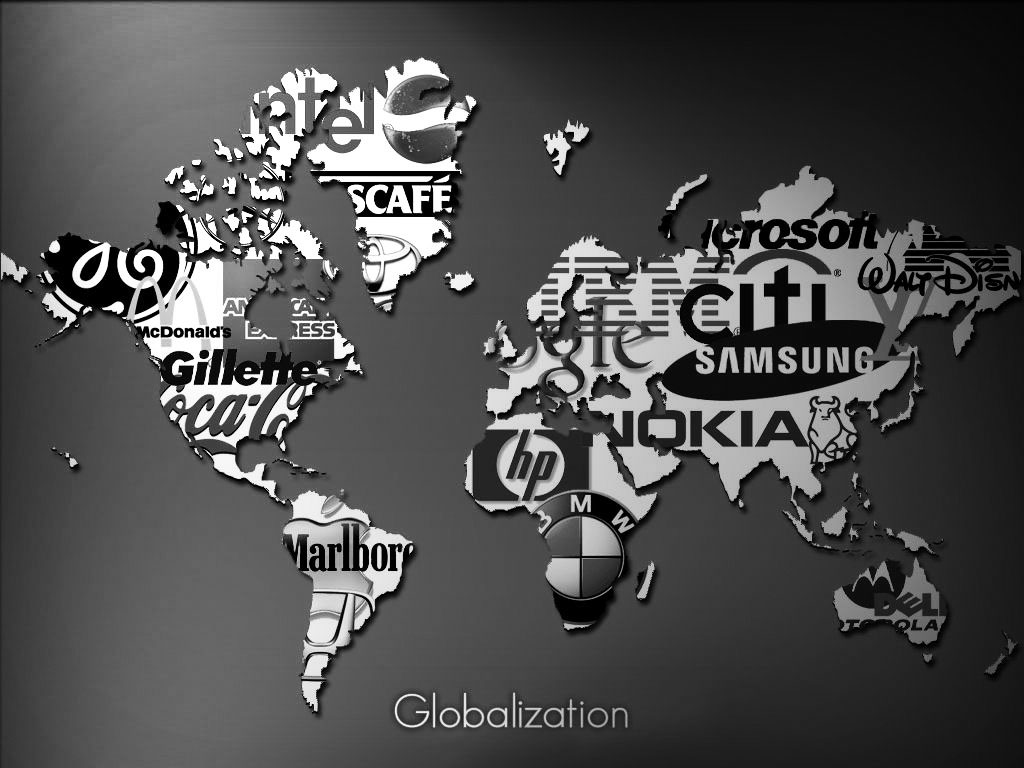
Some 5 years ago, while I was still studying in International College Albena (International College Dobrich, Bulgaria) also historically known under the name "International College Albena", In one of my regular Logistics (lectures), we were Projected a movie by our professor Mr. Bojidar Bojkov.
Usually I take no interest in educational presentations as most of them is obsolete junk more or less not reflecting the real life reality and is some abstract "pseudo"-science concepts. This time it was different me and my IBMS (International Business Management Studies) study fellows were projected a very informative movie called The Corporation.
The Corporation is a movie containing elements of propaganda as it is trying to proof (convince) the public – that modern society should be much more critical and active in measures against the bad-ness of multi-national corporations and many of the Fortune top 500 profitable businesses
As every kind of movie it is more-or-less manipulative and the author tries to impose his idea about "the evil corporations". The topic of Corporate Citizenship is a modern topic in Business and every large size businesses is claiming to hold a very high standards of "corporate citizenship" and being loyal or green and environmental friendly Green and environment friendliness "buzz-word mantra like words" are everywhere, from the littlest company operating on a single Country Market to the largest and most "respected" companies like BP – (British Petroleum).
It is a public "secret", that most of the succeesful business organizations (be it profit or non-profit) is a dirty and devilish undertaking driven with the one and only goal to enrich the shareholder/s wealth. The organization is usually not governed by the shareholders but assigned management is assigned to supervise the organizations and take the management decisions concerning the org. wealth and power increase.
It is evident noticable fact, that the bigger a business or company is the more likely it is to be functioning efficiently and to provide lower product prices on the market. The reason is middle and big size corporations dispose themselves with "BIG MONEY" – huge financial investments (many of which are with doubtful origin) ….
The expension of USA and UK (English), model of business gave a collapse to any alternative forms of company functionining except – the western model. However the severe economic crisis clearly indicates – "The Western Business Model" which is backboned by such a solid and good theoretical base is not working as expected in practice. Though with the worsening crisis over the last few years it is more and more evident that something need to change fundamentaly on global scale in how private businesses and organizations (westerned) model organizations function, still there is nearly noone doing anything. Instead America is continously following their 'good old' well known "Create Wars and Conflicts Strategy". Where mostly all non western modelated countries or any kind of "untracked" business out of the western model is deliberatily being killed by creating (financing) internal conflicts inside countries (like it happened recently in Egypt), like it happens with the war in Syria and like happened in Vietnam some years back.
There are still some countries in the world, trying to fight-back the broken western unified (international one system) model tendency of the west like Russia and Belarus and hopefully some other Countries whose economics are showing negative results, but in general it seems the 'Western Corporate model' will take over in short future.
There is an easy solution to the problem 'raise awareness' of the corporate badness, limit corporations on a local governmental basis and foster a business climate, where start-up and little and middle sized companies are encouraged to rise-up, parallely with dramatical rise in taxation over large corporate multination-business entities …
But in order for this to happens it is necessary the majority of people to realize about the Corporations problem and deliberately and peacefully work each on individual base (and according to his abilities) against the 'Evil Corporations Structural (New-World Order) like Empire'
One of this Raise-UP Awareness against the badness of Business-es of the High Scale is The Corporation movie. I'm sure anyone who is interested in knowing how stuff works and how modern economy works would definitely learn a lot from the movie.
It is rather paradoxically that the movie came to see the light of day by the University of British Columbia. A movie which criticizes the Western Corporate model was done by a Western (British) University. The movie was primary conducted and made by a law professor Joel Bakan
The documentary examines the modern-day corporation, considering its legal status as a class of person and evaluating its behaviour towards society and the world at large as a psychiatrist might evaluate an ordinary person.
It is rather interesting fact to learn, that probably most not know that in modern times in most countries (if not all), the Corporation is being perceived from a Legal stand-point as 'An ordinary person (citizen) Entity'. Yeah that's right, non-human "being" is legally perceived as human and has all the rights and duties of an ordinary citizen. The big problem with this is the impact is has on general cotiety. An ordinary human could "kill" someone blow off a bomb and kill hundreds but cannot be blamed for killing few millions or leaving a billion of people poor or on the threshold of starvation, but Corporation as having the legal status of a Country Citizen sadly can ….
In the end of the movie after a few typical corporations are examined – a psychiatry diagnosis is set the Corporation (Multi-National) Business Model is diagnosed as Psychopat. The movie also gives a very interesting information concerning some Top Brands and products – like Coca Cola, Fanta, IBM etc. etc.
It is worthy to mention just of them – Fanta used to be invented and was known as 'The Nazis Drink' as in Nazist Germany it was drinked as Substitute for the American way drink (TM) – Coca Cola.
Other interesting facts is back in the day and even probably to this day Coca Cola placed – real quantity of Cocain in their drink leading to addiction – and tried various methods to manipulate the minds of the Consumer in Advertisements of their products. What striked me personally the most was the fact IBM (International Business Machines), were selling identification systems to Hitler and the Nazis in order to number the Jewish prisoners in concentration camps. Noone cares nowadays and still IBM – known also as (The Blue Elephant) is still operating profitably and one of the most important players in the field of IT and Computer Equipment, nevertheless the unhuman crime they did by selling systems which were used by German Officers whose killed millions of Jews and other non-Aryans …
It is rather uneasy to think that the same Corporation which helped indirectly for killing millions helped and played kill role of development of the Personal Computer – The Laptop, the Mobile Phones, Modern Genetics, Implants, The Internent and well you name it …
Here is also a short explanation of the Movie from Wikipedia:
" The film features interviews with prominent corporate critics such as Noam Chomsky, Naomi Klein, Michael Moore, Vandana Shiva, Charles Kernaghan, and Howard Zinn as well as opinions from company CEOs such as Ray Anderson (from the Interface carpet & fabric company), the viewpoints of Peter Drucker and Milton Friedman, and think tanks advocating free markets such as the Fraser Institute. Interviews also feature Dr. Samuel Epstein with his involvement in a lawsuit against Monsanto Company for promoting the use of Posilac, (Monsanto's trade name for recombinant Bovine Somatotropin) to induce more milk production in dairy cattle. "
Though the movie outlines so much important facts, that should be known by any Business Student out – there or any person somehow involved in Business, I have the impression most of the people out there never watch it. Thus I hope my little article will make it a bit more popular and bring some more people to realize, that Corporations Culture and Evils should be opposed and mitigated on individual and society level!



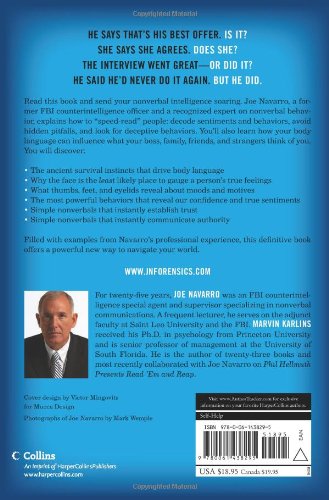
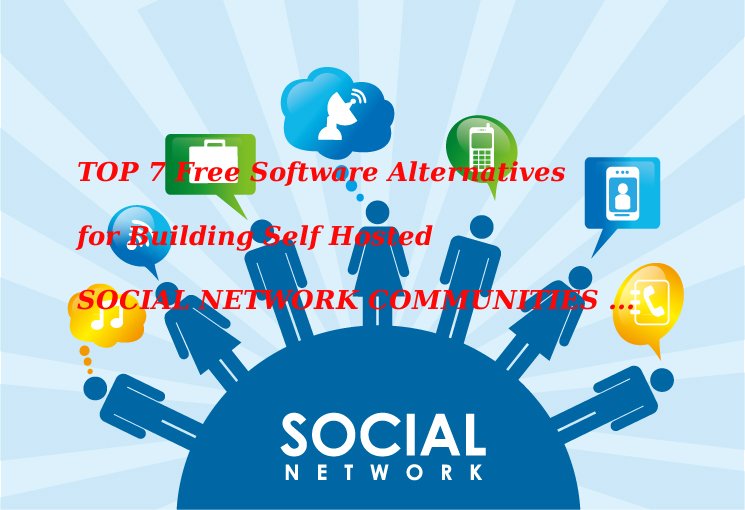


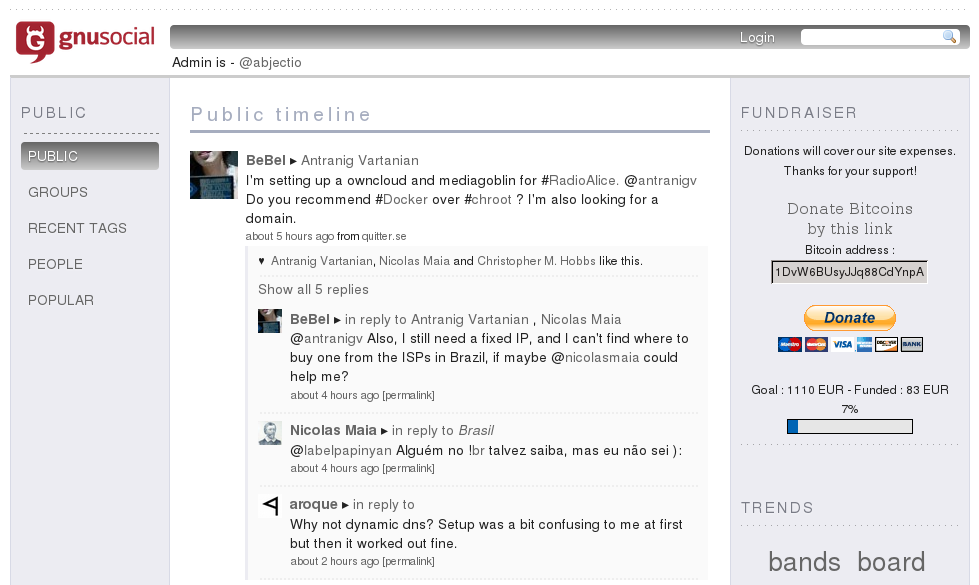
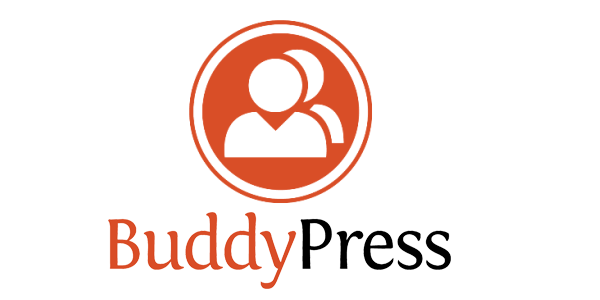
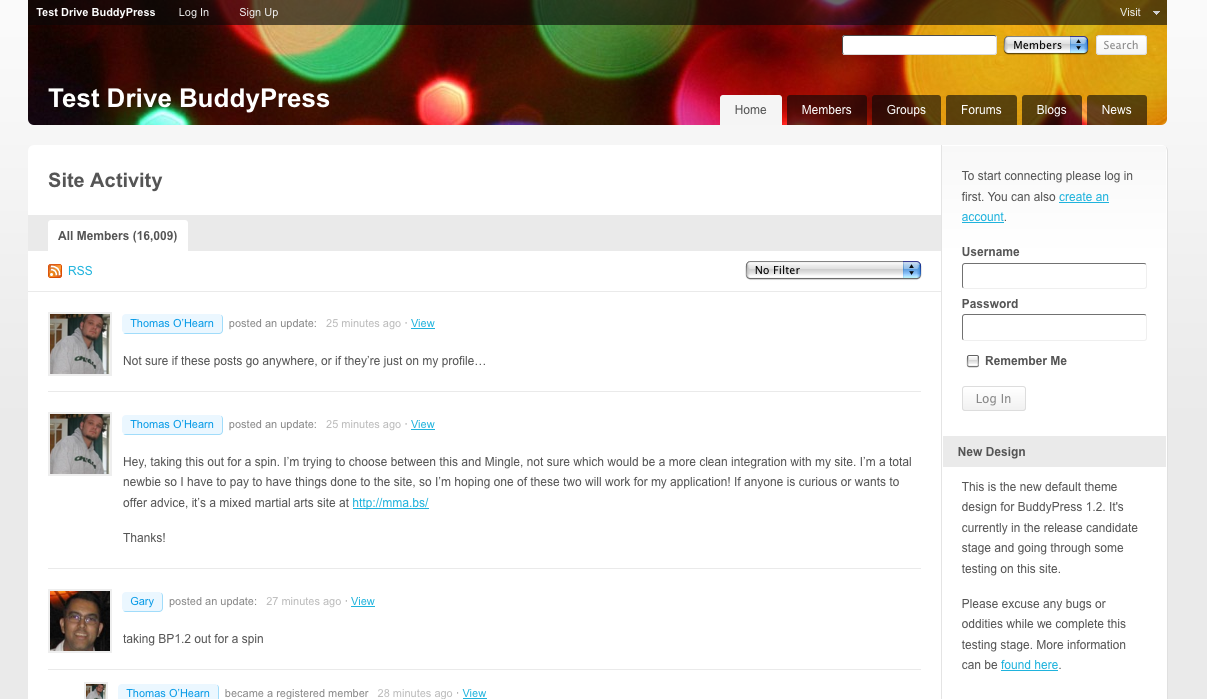

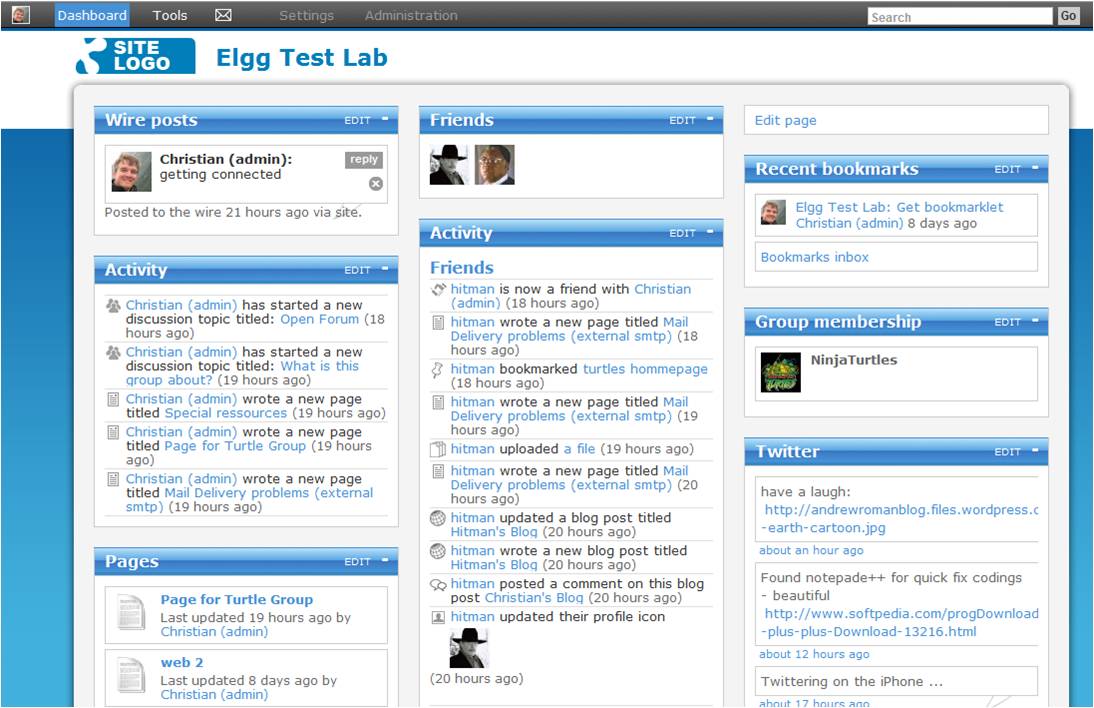

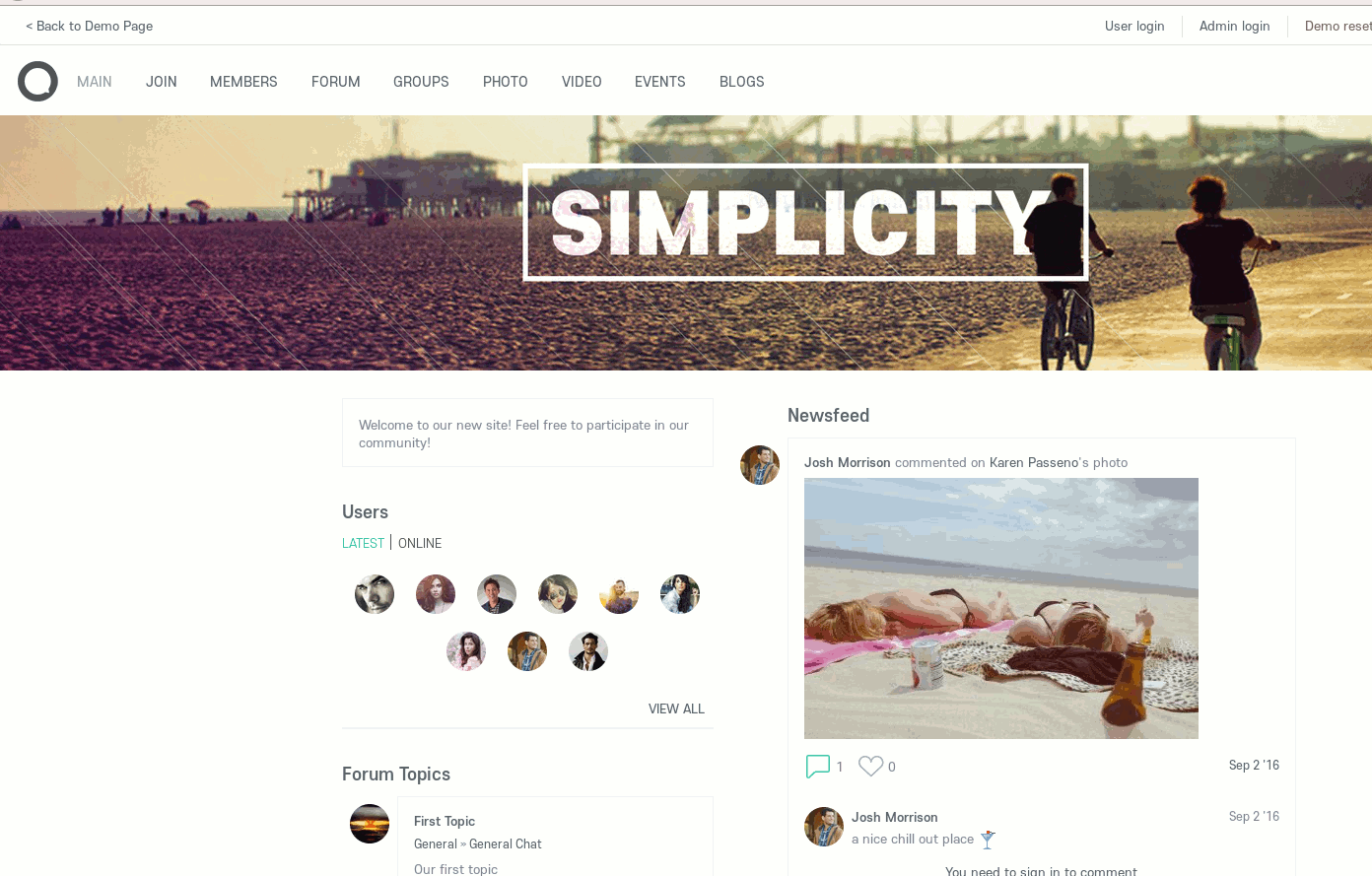

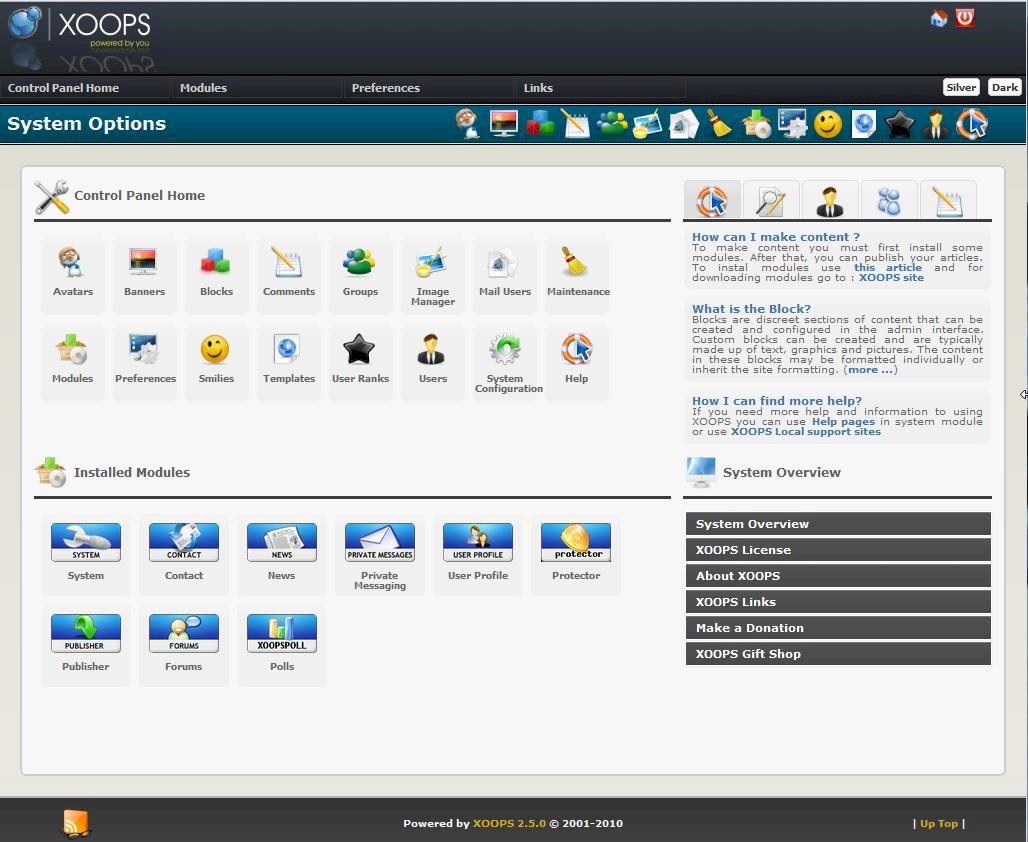


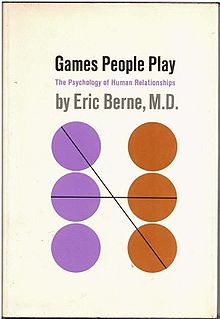
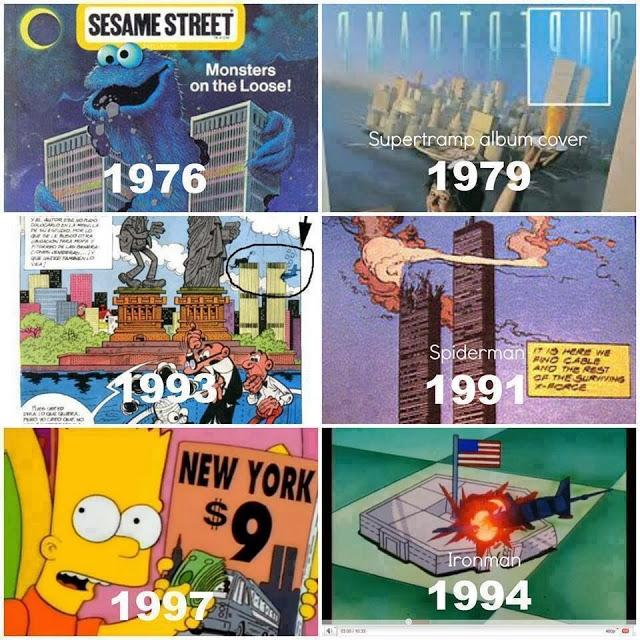






Baby boomers and Generation X, Y, Z – Generational Marketing and 4 Common personality stereotype traits of people born over the last 60 years
Saturday, August 18th, 2018Those who are employed in the realm of Social or Internet Marketing definitely have to know the existence of at least 4 different conditional stereotypes, these are Baby Boomers and Generation X, Generation Y and Generation Z (Millenials).
According to Socielogist Karl Mannheim (who is among the founding fathers of classical socielogy) – "All members of a generation share a similar collective experience" or in other words people are categorized in generations depending on when they were born.
As stereotypes they're generalization of people born in different periods of time and sharing same or similar traits.
Because of the age and the conditions they grew up and as they share those general spirit of time and age, they tend to be more or less behaving in a similar ways in how they think save / spend money or share some common approach to life choices and attitude towards life and worldview.
But before proceeding to the 4 main cohert provisional stereotypes, its worthy to mention how these four common trait generations came to existence with a little bit of pre-history.
The pre WW I and WW II world situation and the First and Second World War played a pivotal role in forming the social conditions necessery for the development of the baby boomers.
* The depression Era people
Born in period: 1912 – 1921 who came at full maturity around 1930-1939 right in the beginning of WW I (all of whom are already deceased) as of 2018 as a cause of the war uncertainty and the havoc and the war conditions were very conservative, compulsive savers, tried their best to maintain a low debt. They had the mindset (responsibility) to leave some kind of legacy to their children. They were very patriotic, oriented towards work before pleasure, had a great respect for authority and had a strong sense of moral obligation. For all this character traits of this people undoubtfully a key role played the strong belief in God mostly all people had at the time.
The next in line conditional stereotype of people that came to earth are the:
* The World War II Generation
Born in year period: 1922 to 1927 who came to a mature age exactly at the terrible years of Second World War.
People of that time were either fighters for or against the Axis Powers or the Central Powers with the common shared goal to fight against the enemy (of course there are multiple of people who were just trying to survive and not taking a side in this meaningless war).
The current amount of people living are estimated to few million of deathbed elders worldwide.
As above conditional generations types mentioned are of importance for historical reasons and most of the people belonging to those depression pre WWI and WW II era are dead or just a few millions an overall in un less-consuming age (excluding the medicine consumption which is higher compared to youngsters).
I'll further proceed further with the Baby Boomers, GEN X, Y, Zs who are de-facto the still active members participating to society and economy more or less.
So what are these 4 Stereotypes of Generations that and why are so important for the modern marketers or business manager?
1. BABY BOOMERS also called for a short (Boomers)
These are people who have been defined by a birth year range (period) from early to mid 1940s until 1960 and 1964.
In Europe and North America, boomers are widely identified with privilege, as many grew up in a time of widespread government subsidies in post-war housing and education, and increasing affluence.
As a group, baby boomers were considered the wealthiest, most active, and most physically fit generation up to the era in which they arrived, and were amongst the first to grow up genuinely expecting the world to improve with time. They were also the generation that received peak levels of income; they could therefore reap the benefits of abundant levels of food, apparel, retirement programs, and sometimes even "midlife crisis" products. The increased consumerism for this generation has been regularly criticized as excessive (and that's for a good reason).
One feature of the boomers was that they have tended to think of themselves as a special generation, very different from those that had come before or that has come afterward. In the 1960s, as the relatively large numbers of young people became teenagers and young adults, they, and those around them, created a very specific rhetoric around their cohort, and the changes they were bringing about. This rhetoric had an important impact in the self perceptions of the boomers, as well as their tendency to define the world in terms of generations, which was a relatively new phenomenon. The baby boom has been described variously as a "shockwave" and with a methapors such as as "the pig in the python".
2. Generation X / GEN X
Generation X is considered the people born in the following birth year period 1960 forward in time until 1980s. A specific feature in the 60s-80s period was the shifting societal values, perhaps the spring of this generation was also connected to the increasing role and spread of communism in the world.
Sometimes this generation was referred as the "latchkey generation".
The term generation X itself was popularized largely by Douglas Coupland in his novel 1991 novel Generation X Tales for an Accelerated Culture
A very common trait for Generation X was the reduced adult supervision over kids when compared to previous generations a result of increasing divorce rates and the increased role of one parent children upbringing (in most cases that was the mother) which had to be actively involved as a workforce and lacked physically the time to spend enough time with its children and the increased use of childcare options in one parent families.
They were dubbed the "MTV" (Music Television) generation – that was a hit and most popular music TV in the early 1990s.
The kids representing generation X were described as slackers, cynical and disaffected.
The cultural influences dominating the tastes and feelings of the teen masses of that generation was musical genres such as punk music, heavy metal music, grunge and hip-hop and indie films (independent films) produced outside of the major film studio system.
According to many researches in midtime those generation are described as active, happy and achieving a work-life balance kind of lifestyle.
People belonging to Generation X are described as people with Enterpreneural tendencies.
Just to name a few of the celebrities and successful people who belong to this generation, that's Google's founder Sergey Brinn & Larry Page (born in 1973), Richard Stallman (founder of Free Software movement) as well movie and film producer celebrities such as Georgi Clooney, Lenny Kravitz, Quantin Tarantino, Kevin Smith, David Fincher etc.
According to United Kingdom survey study of 2500+ workers conducted by Workfront, GEN X are found to be among the hardest working employees in today's workforce. They are also ranked high by fellow workers for having a strong work ethics (about 59.5%), being helpful (55.4%) and very skilled (54.5%) of respondents as well marked as the best troubleshooters / problem solvers (41.6%) claimed so.
According to research conducted by Viacom, gen x they have a high desire for flexibility and fulfillment at work.
3. Generation Y (Millenials) – GEN Y
Following Generation X came on earth Genreation Y the birth period dated for this kids were years are stretchy year period that this generation is described are years 1980s – 1990s to yearly 2000s where birth period range of those ppl ends.
This kids are descendants of the GEN X and second wave Baby Boomers.
In the public this generation is referred as "echo boomers".
The Millenials characteristics are different based on the region of birth, they're famous for the increased familiarity with communication, media and digital technologies.
There upbringing was marked by increase in liberal approach to politics.
The Great recession crisis of the 2000s played a major impact on this generation because it has caused historical high levels of un-employment among youngsters and led to a possible long term economic and social damage to this generation.
Gen Y according are less brand loyal and the speed of the Internet has led the cohort to be similarly flexible and changing in its fashion, style consciousness and where
and how it is communicated with.
As I am born in 1983 me and my generation belongs to Generation Y and even though Bulgaria before 1991 was a Communist regime country, I should agree that I and many of my friends share a very similar behavior and way of thinking to the GEN Y stereotype described, but as I was born in a times of transition and Bulgaria as a Soviet Union Satellite at the time has been lacking behind in fashion and international culture due to the communist regime, me and my generation seem to be sharing a lot of common stereotype characteristics with Generation X such as the punk-rock, metal, hip-hop culture MTV culture and partly because of the GEN X like overall view on life.
Among most famous representative successful people of the Millenials generation are Mark Zuckerberg (Facebook founder), Prince William (the second in line to the British throne), Kim Jong Un (the leader dictator of North Korea) etc.
4. Generation Z ( GEN Z) / iGeneration / Generation Sensible (Post Millenials)
Following Millenials generation is GEN Z, demographers and researchers typically set as a starting birth date period of those generation 1990s and mid 2000s. As of time of writting there is still no clear consensus regarding ending birth years.
This is the so called Internet Generation because this generation used the internet and Smart Mobile Phone technology since a very young age, they are very confortable with technology (kinda of wired) and addicted to social media such as Facebook / Twitter / Instagram etc. Because of the level of digital communication, many people of this generation are more introvert oriented and often have problems expressing themselves freely in groups. Also they tend to lack the physical communication and more digitally community oriented, even though this depends much also on the specific personality and in some cases it is exactly the opposite.
* Summary
As a Marketer, Human Resources hiring personal specialist, a CEO or some kind of project / business manager it is a good idea to be aware of these 4 common stereotypes. However as this are stereotypes (and a theory) as everything theoritized the data is slighly biased and untrue. The marketer practice shows that whoever conducts a marketing and bases his sales on this theoritizing should consider this to be just one aspect of the marketing campaign those who are trying to sell, stuff ideas or ideology to any of those generation should be careful not to count 100% on the common traits found among the above 4 major groups and consider the individuality of person everyone has and just experiment a little bit to see what works and what doesn't.
Also it should be mentioned these diversification of stereotypes are mostly valid for the US citizens and Westerners but doesn't fully fit to ex-communist countries or countries of the Soviet union, those countries have a slightly different personality traits of person born in any of the year periods defined, same is more or less true for the poor parts of Africa and India, Vietnam, China and mostly all of the coomunist countries ex and current. It should be said that countries who belonged to the Soviet Union many of which are current Russian Federation Republics have a personality traits that are often mixture of the 4 stereotypes and even have a lot of the traits that were typical for the WW I and WW II generations, which makes dealing with this people a very weird experience.
Nomatter the standard error that should always considered when basing a marketing research hypothesis on Generational Marketing (using generational segmentation in marketing best potential customer targets), having a general insight and taking in consideration those stereotypes could seriously help in both marketing as well as HR specific fields like Change Management.
If you're a marketer, I recommend you take a quick look also on following very educative article Generational Makarketing and how to target each of the GEN X, Y, Z and Baby Boomers and what works best for each of them.
Nomatter what just like all Theories, the theory of Boomers and the Generation segmantation is not completely true, but it gives a good soil for reasoning as well definitely helps for people involved in sociology and business.
Comments and feedback on the article are mostly welcome as the topic is very broad and there is much more to be said …
Hope the article was interesting to you ….
What was your Generation like?
Tags: about, Achieving, africa, against, age, ALL, amount, birth, Comments, common, generations, key role, last, MTV, periods, personality, python, time, times, years
Posted in Business Management, Curious Facts, Economy, Educational, Politics, Psychology | No Comments »